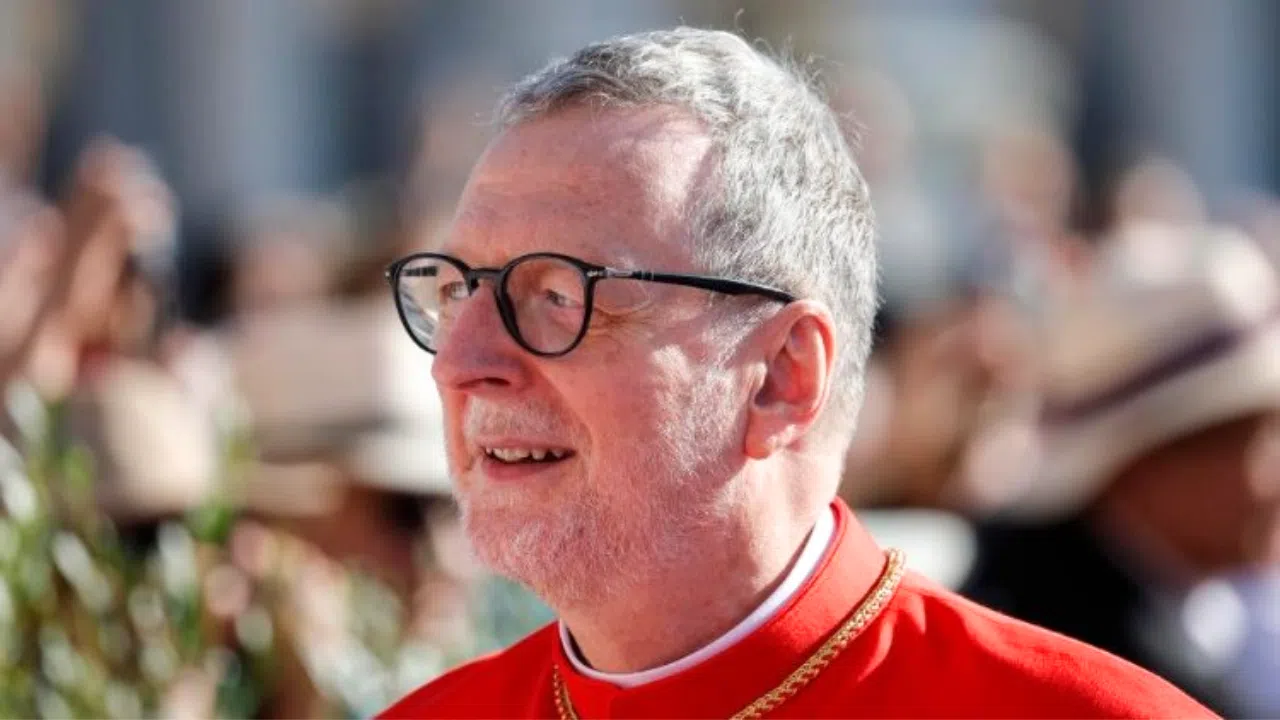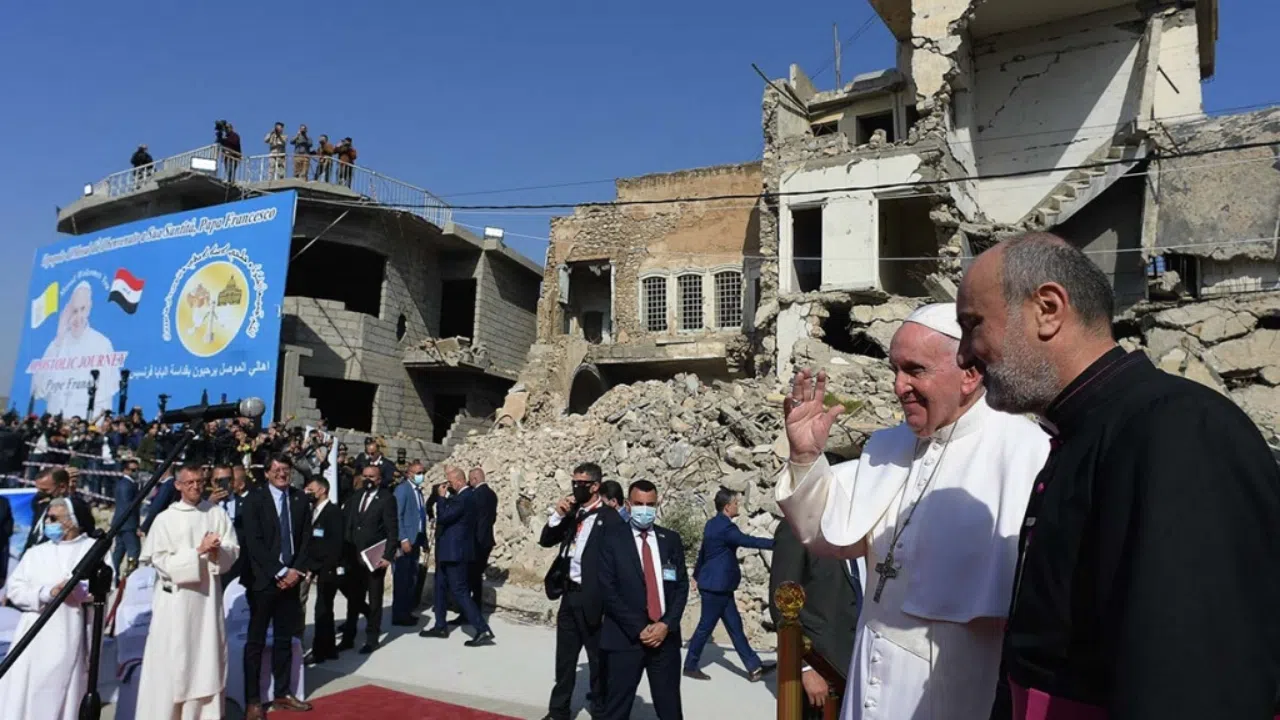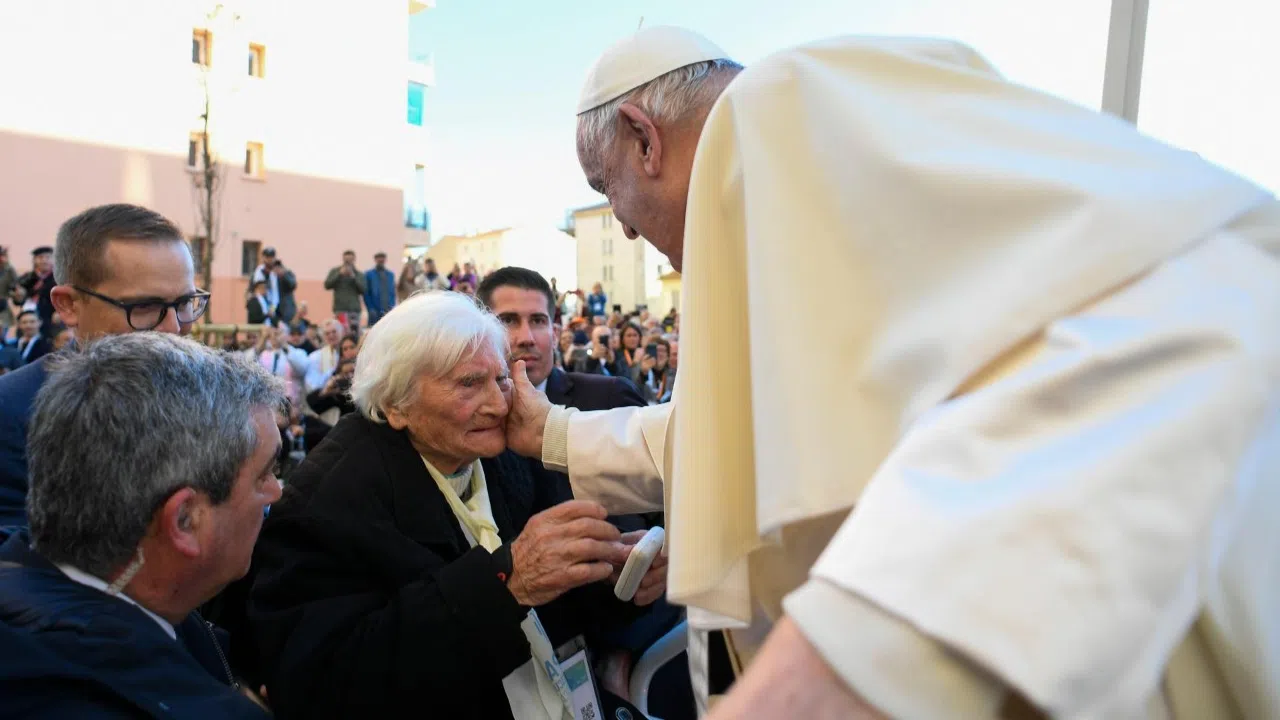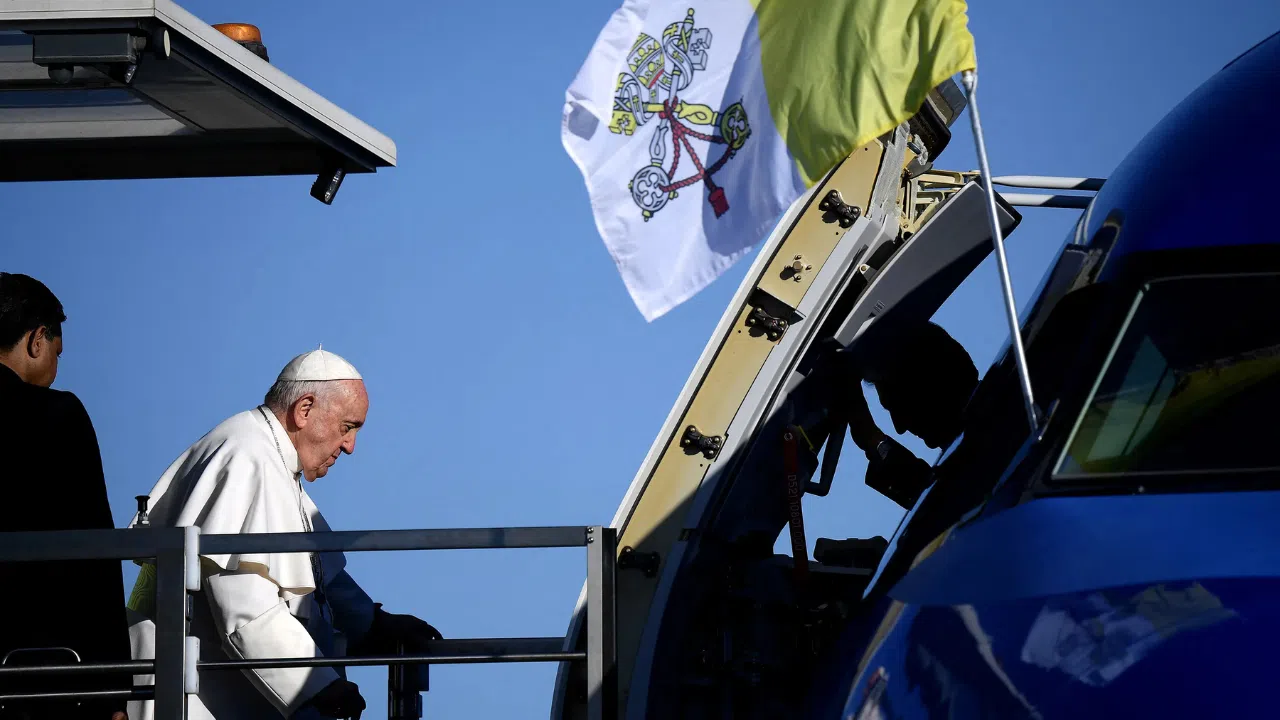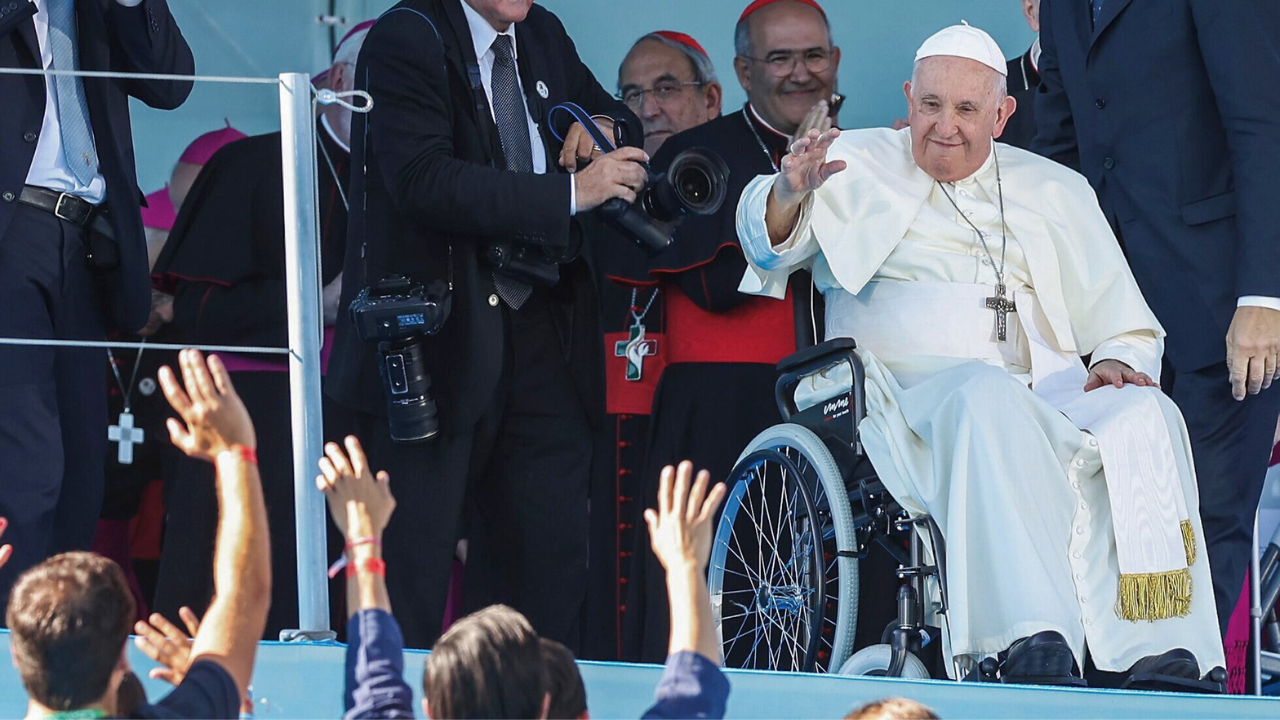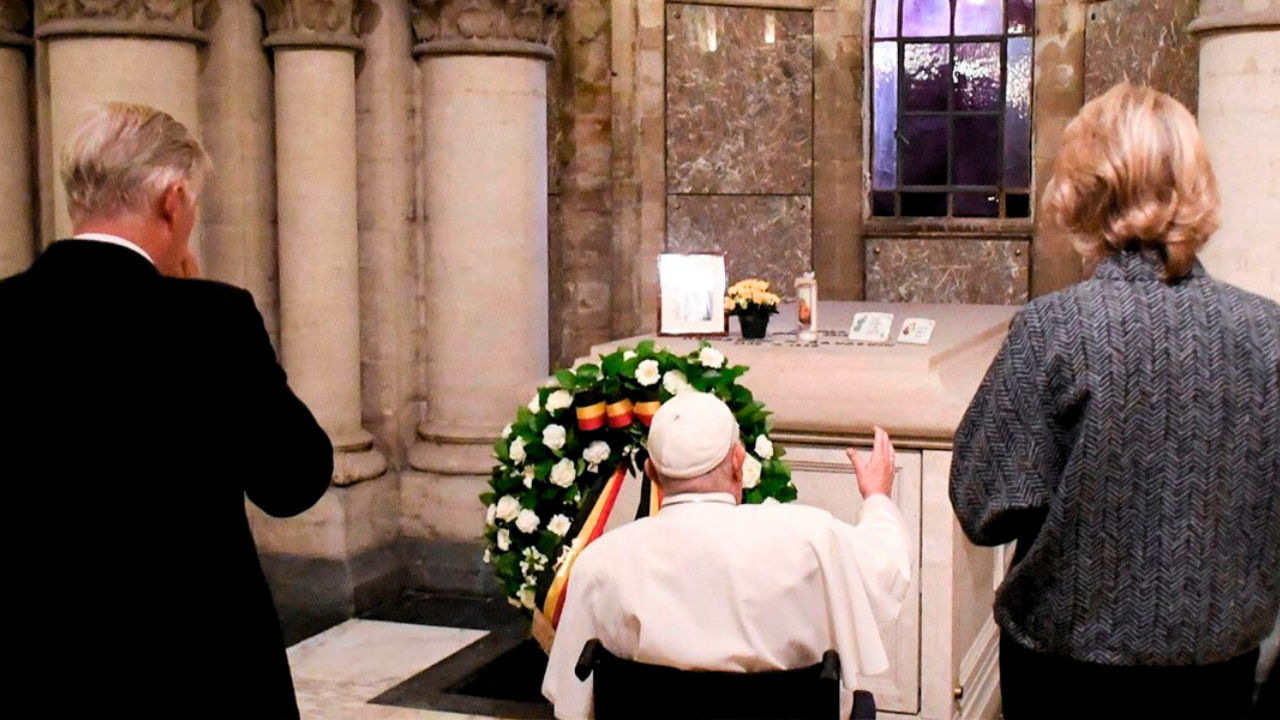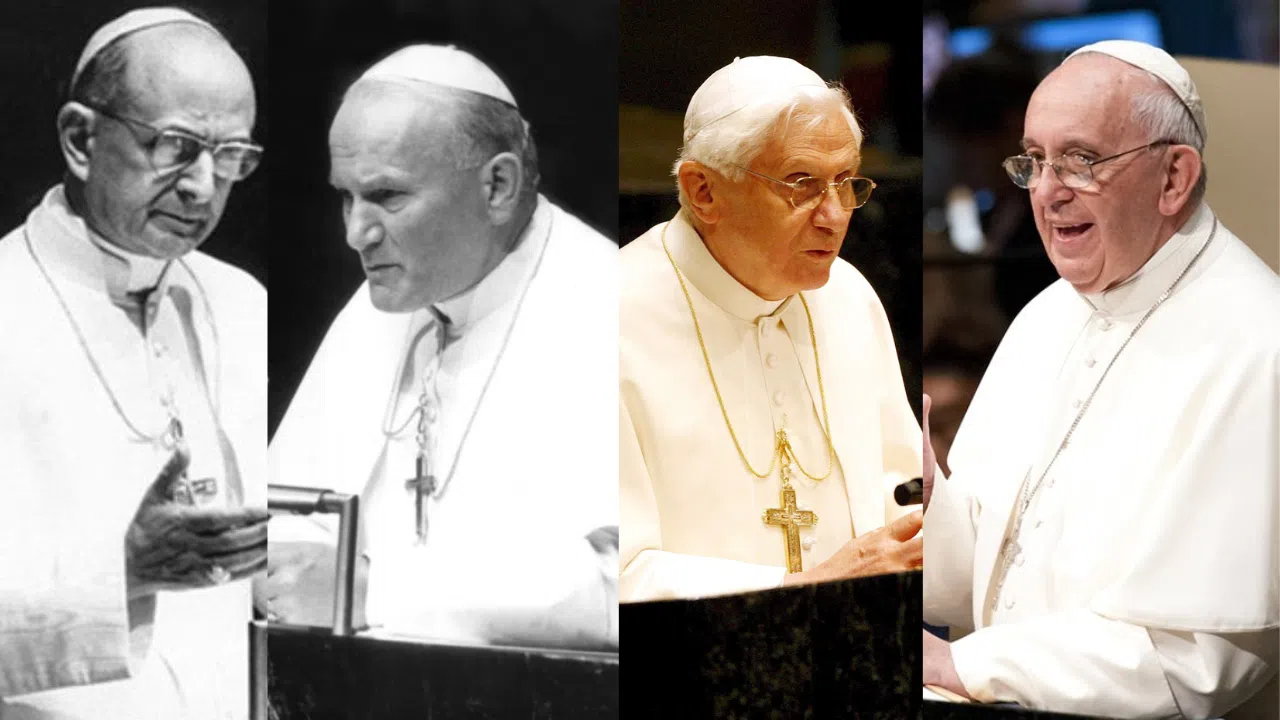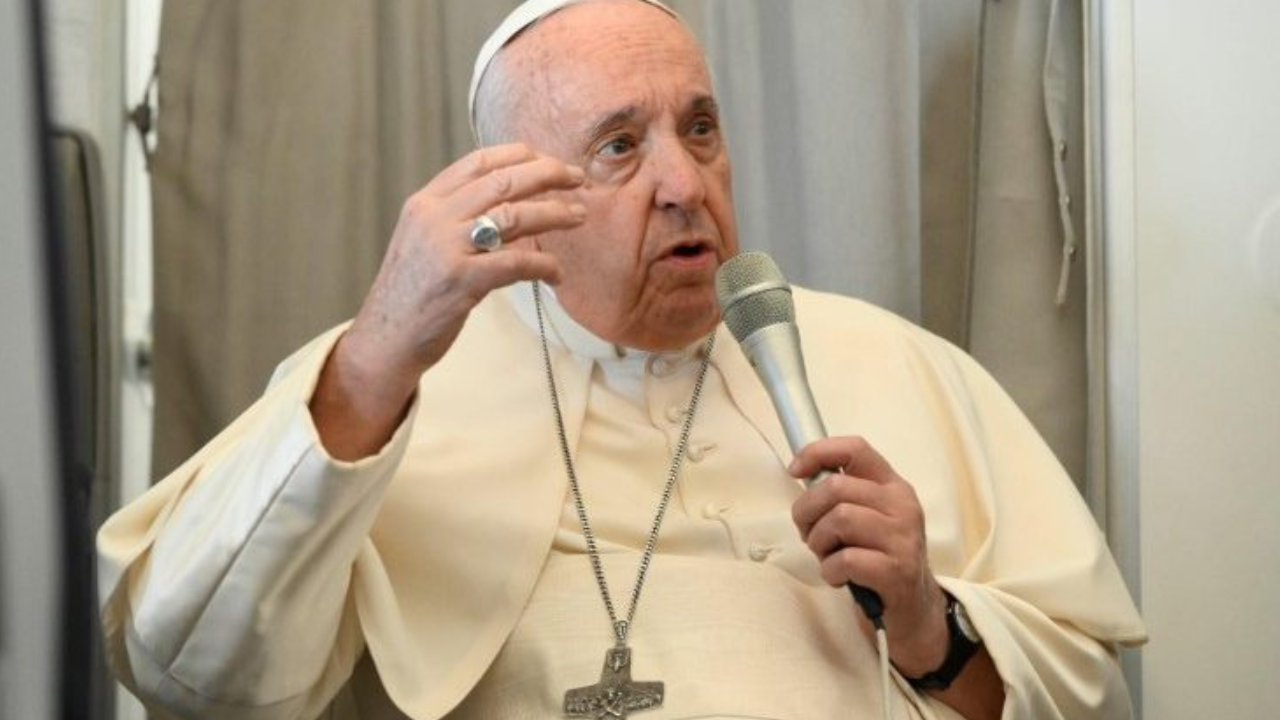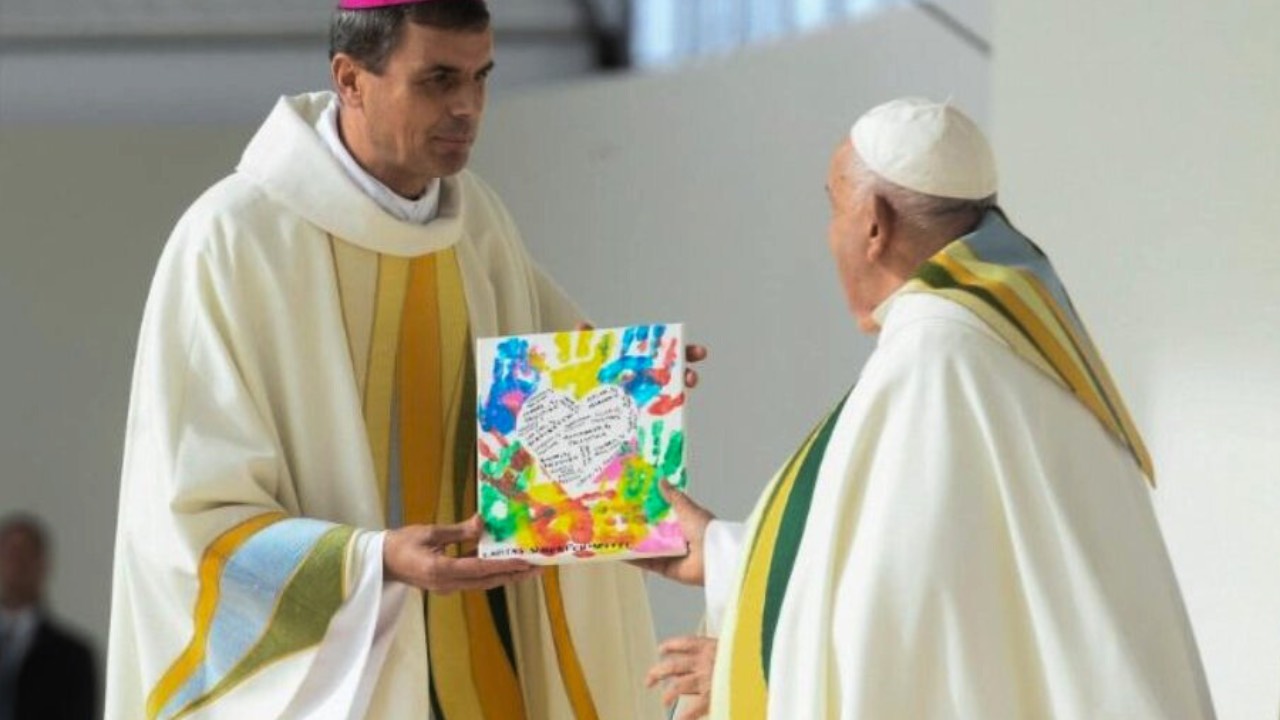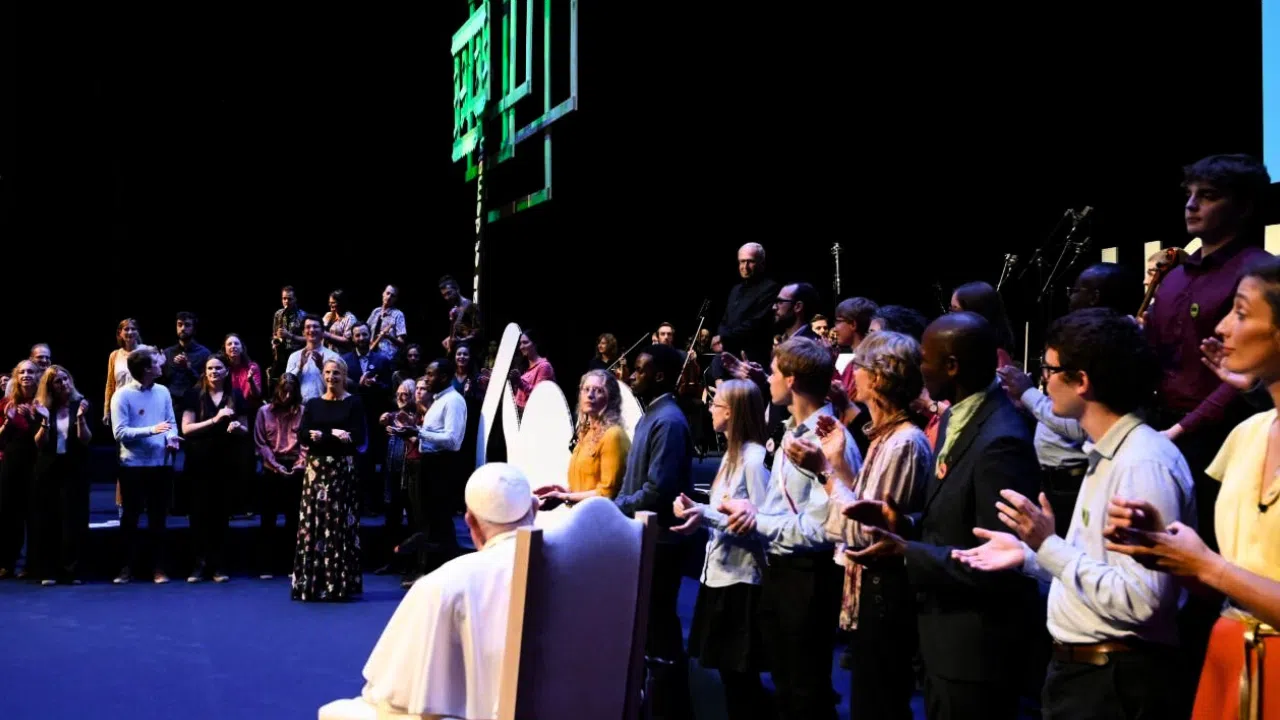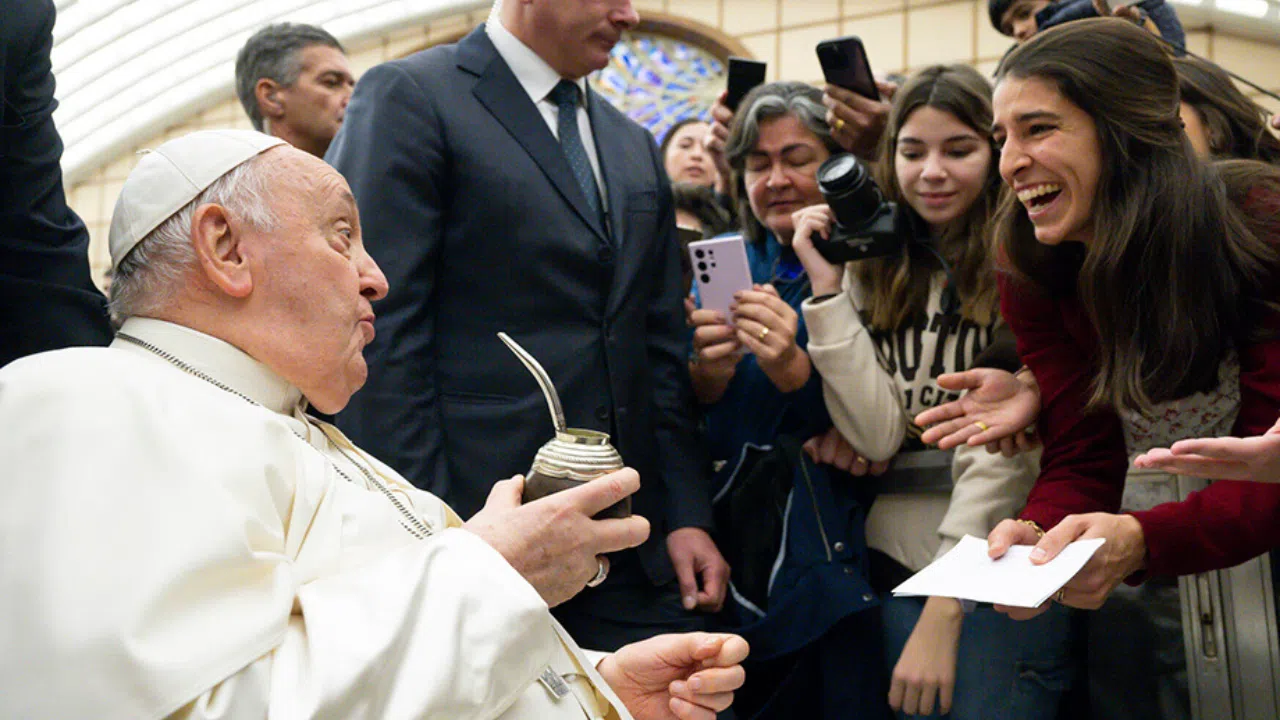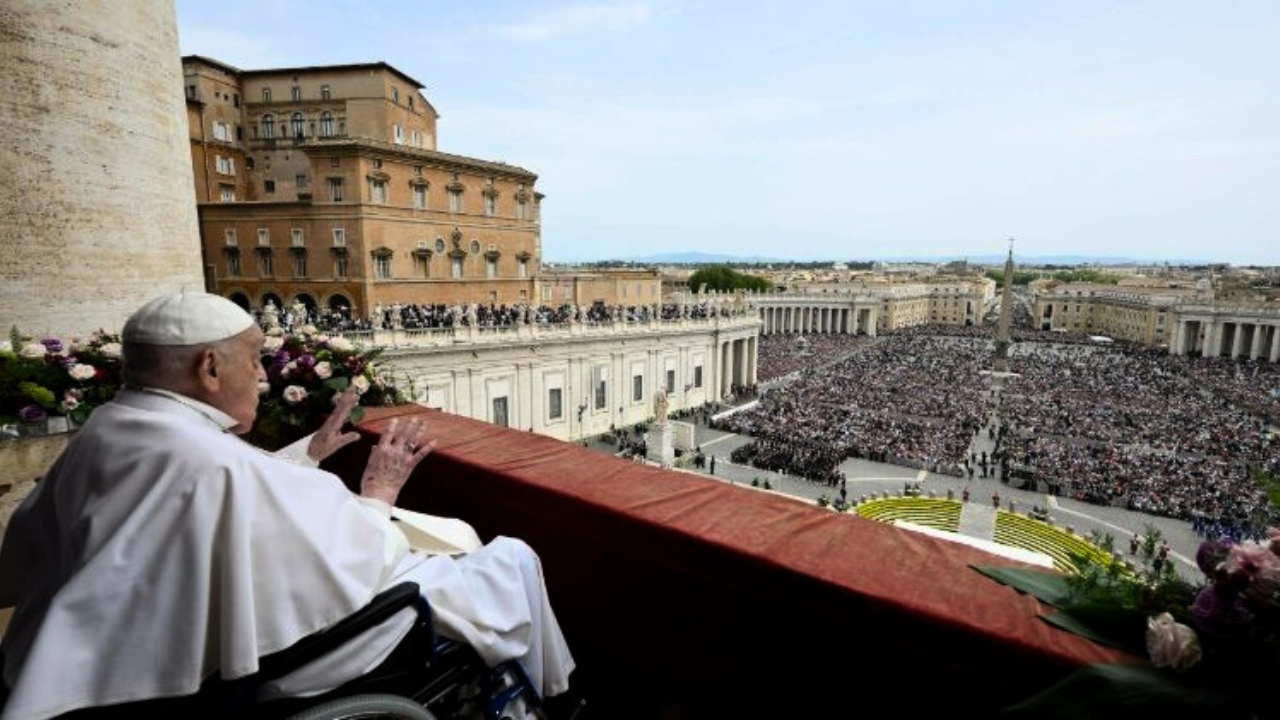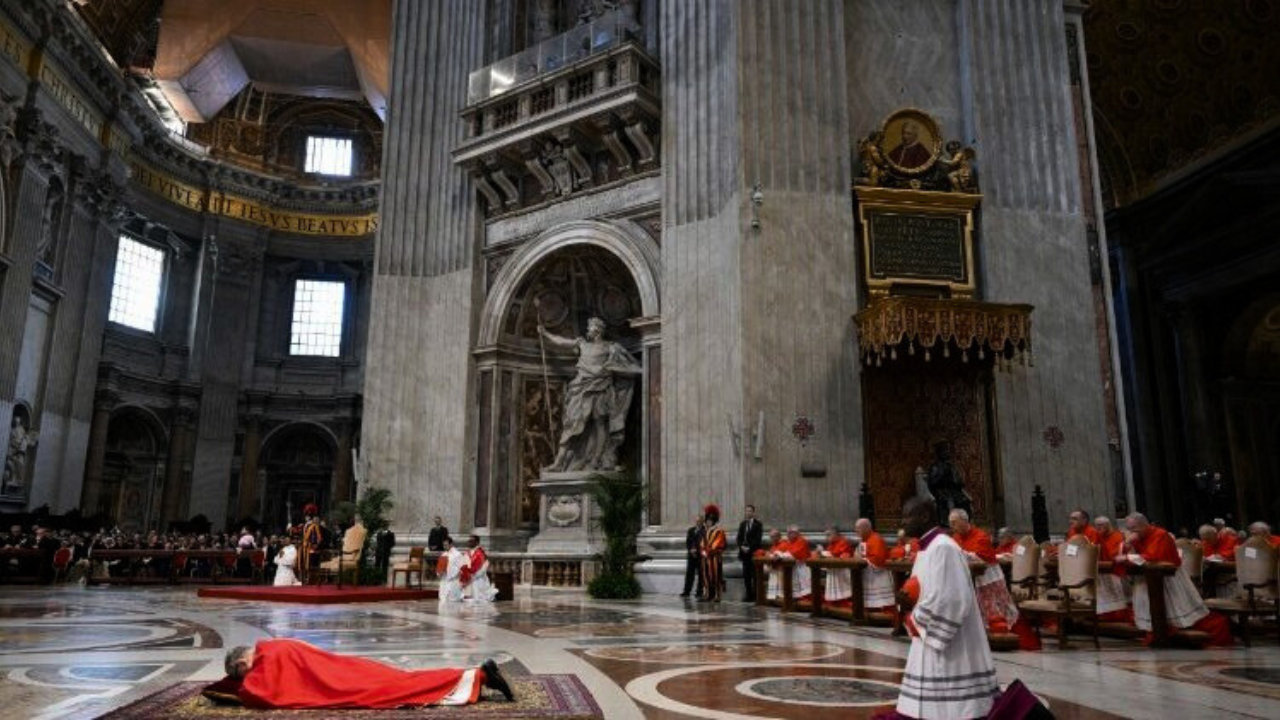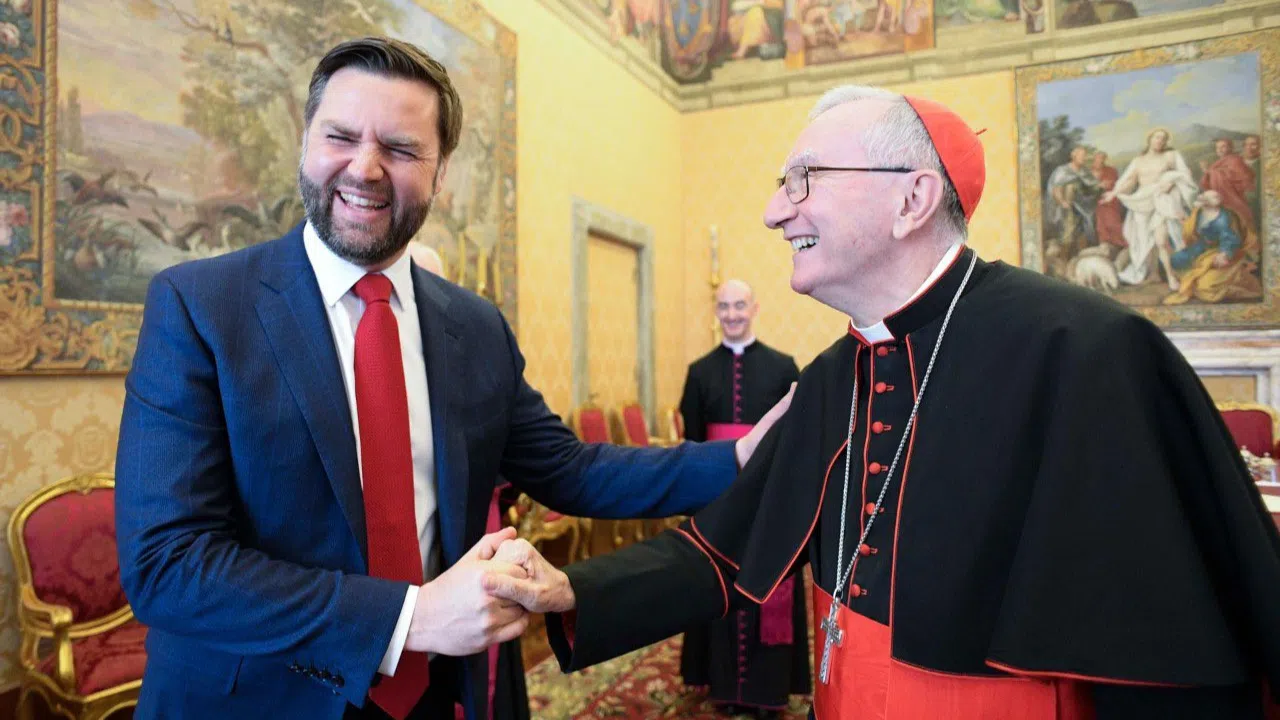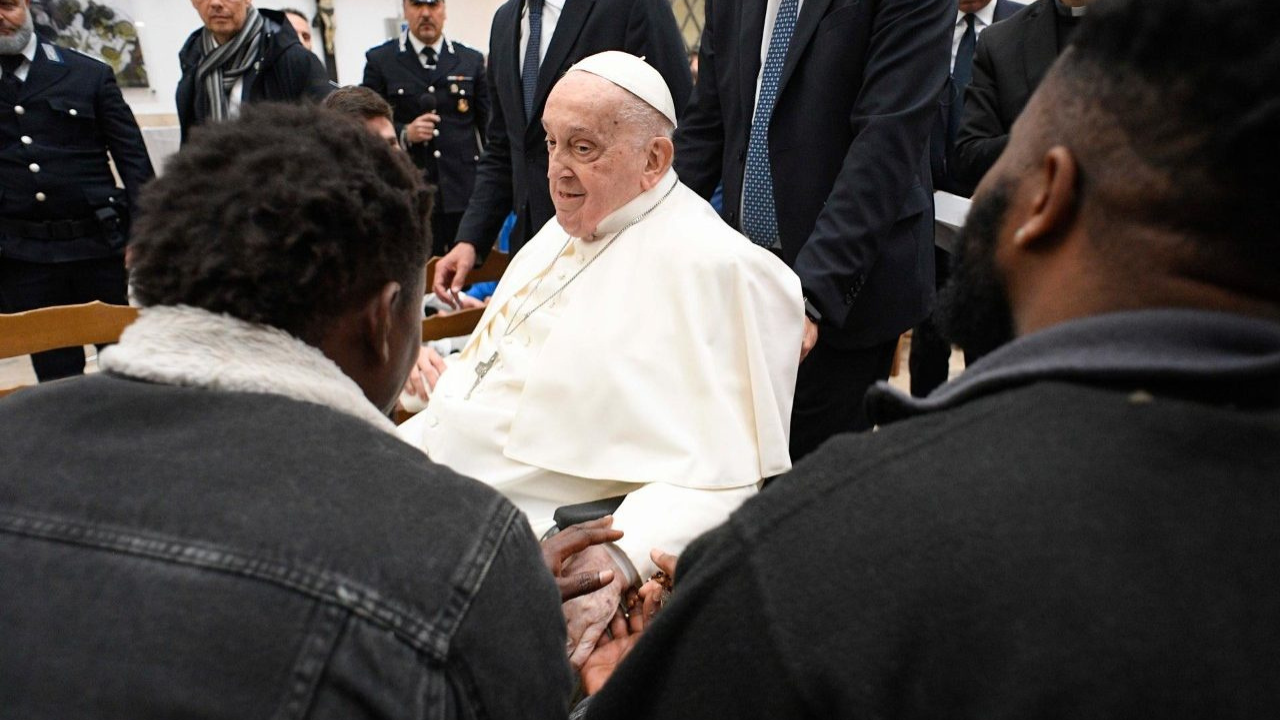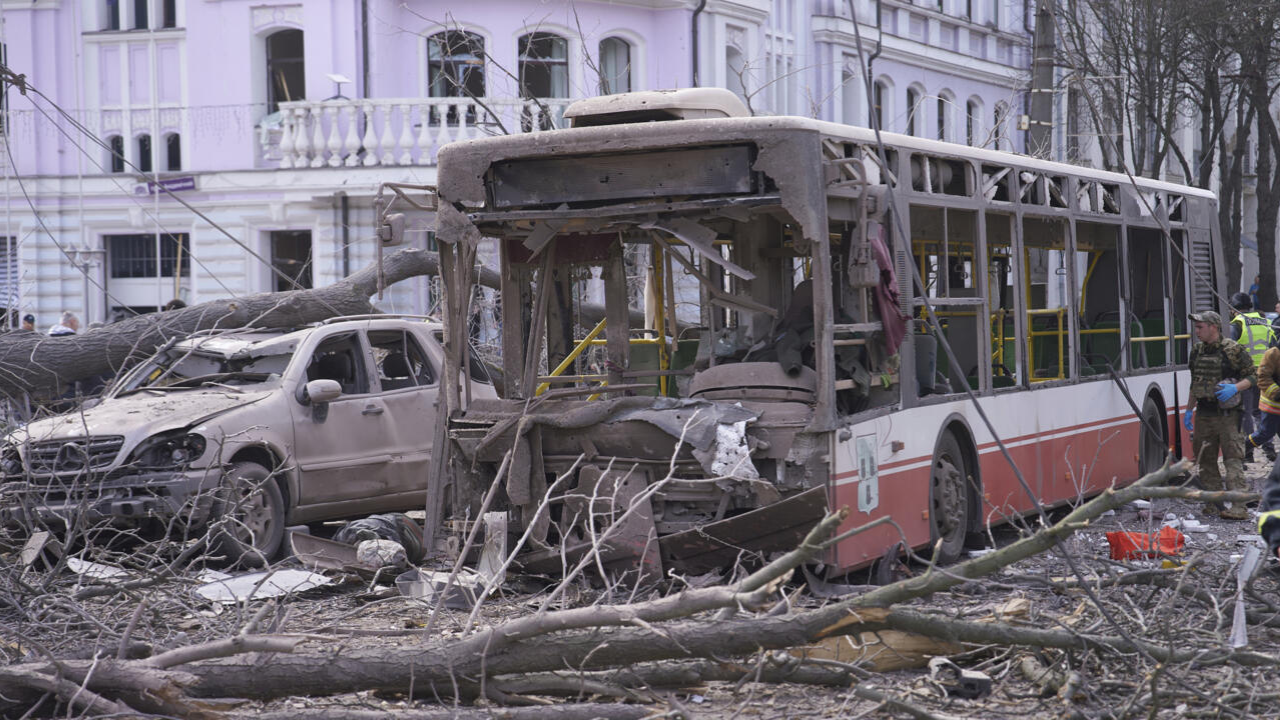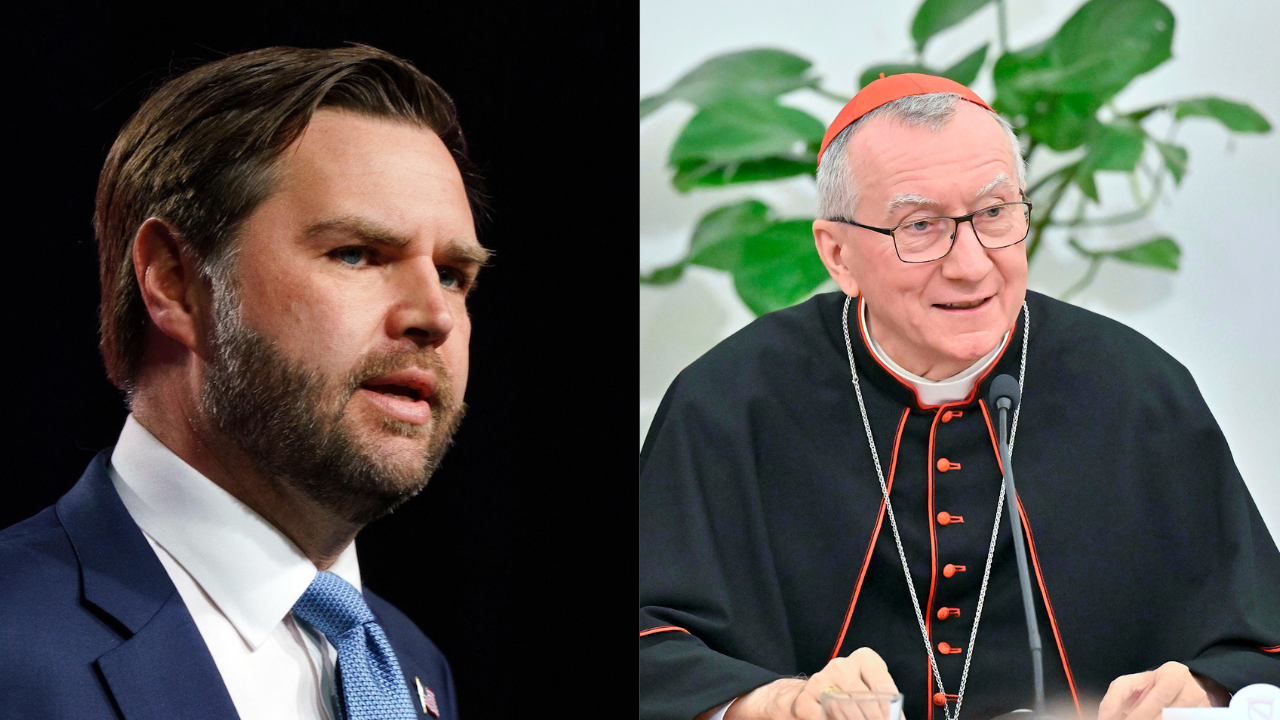The first concrete fruit of the Synod is this document full of various proposals. The bishops have given it to Pope Francis and the pope usually uses it to write a magisterial text, technically called an 'apostolic exhortation.'
WHAT DOES THE SYNOD DOCUMENT CONSIST OF?
The document presents the conclusions of ideas shared for three weeks between 267 bishops and priests from around the world.
There are 167 points that have been voted on and approved by a two-thirds majority. It is not an easy task, since it is nearly impossible to create a text approved by everyone.
To prepare the points, bishops gathered with young people in both their countries and in Rome. At the synod, they additionally listened to the stories and questions of around 35 young people, who all had very different backgrounds.
POPE FRANCIS
'Now the Holy Spirit gives this document to everyone, also to me. It is to reflect on what He wants to tell us. Thanks so much to everyone, thank you to everyone.'
A common thread throughout the document is the Gospel story of the disciples on the road to Emmaus. The document proposes concrete issues to help young people.
WHAT DOES IT SAY ABOUT WOMEN?
The document recalls that 'any domination or discrimination based on sex offends human dignity.'
These are questions raised by many of the participants and also by many bishops.
SR. SALLY HODGDON
Vice President, International Union of Superiors General
“Do I think I've had an impact? Yes. Do I bring up issues when it's related to participation in the Church by all laity, including by women? Yes. Do I say something when there's a concern about the language being too masculine? Yes. But so do some of the men.”
In fact, the document denounces that 'in many places it is difficult to give space (to women), even when it comes to assigning tasks that do not require the priesthood.'
WHAT DOES IT SAY ABOUT ABUSE?
The text condemns abuse and asks the Church to recognize and act against any abuse. It includes abuse of every kind, power, economic, conscience or sexual.
MSGR. ANTHONY FISHER
Archbishop of Sydney, Australia
“I'd say to young people: if we as a Church have let you down in any way, I'm so sorry for that. Don't give up on Christ because some of us have let you down. There is so much more to Christ and the Church than that.”
In addition, the text thanks victims who have had the courage to denounce their aggressors.
WHAT DOES IT SAY ABOUT SEXUALITY?
The text asks for a sexual formation by the Church, not limited to sporadic or occasional advice. That is to say, that chastity be proposed in an attractive way, showing its value for personal growth.
In addition, it recognizes and praises that some countries have proposed 'paths of accompaniment in the faith for homosexual people,' and recommends they continue to be offered.
The document requests that these programs help participants 'recognize the desire to belong and contribute to community life; and to discern the best ways to do it.'
WHAT DOES IT SAY ABOUT VOCATION?
Vocation was one of the main themes of the meeting and is mentioned often in the final document.
CARD. LUIS ANTONIO TAGLE
Archbishop of Manila
“The teachings were very good, but what really affected a young person like me to make this discernment that my life will be for the service of the Church, was not just teaching, it was not just an idea. But the beautiful experience of having met people who had devoted or even 'wasted' their lives for Jesus. And my heart was really struck.”
The document recalls that all people are called to be holy. It says youth is the age of decisions, and it regrets the provisional culture, which supports the idea of an indefinitely prolonged adolescence and period to make life decisions.
WHAT DOES IT SAY ABOUT THE INTERNET?
The document sound a bit of an alarm when it comes to the internet. It says the internet has accustomed young people to use images as a communicative vehicle. It calls the Church to reflect on how to transmit 'a faith that is based on listening to the Word of God and reading the Sacred Scriptures.'
KEY WORDS: ACCOMPANIMENT AND SYNODALITY
Beyond the concrete issues, the two key words are 'accompany' and 'synodality.'
It is about not limiting training to courses to religious content, but to count on friendship and mutual listening, without paternalism, but with a frankness to help each person live a personal relationship with God.
Another idea is to help Catholics participate in the sacraments, explain the Mass better or teach confession.
'Synodality' means also stop doing things 'for young people,' rather to depend on them at all levels, including decision-making.
